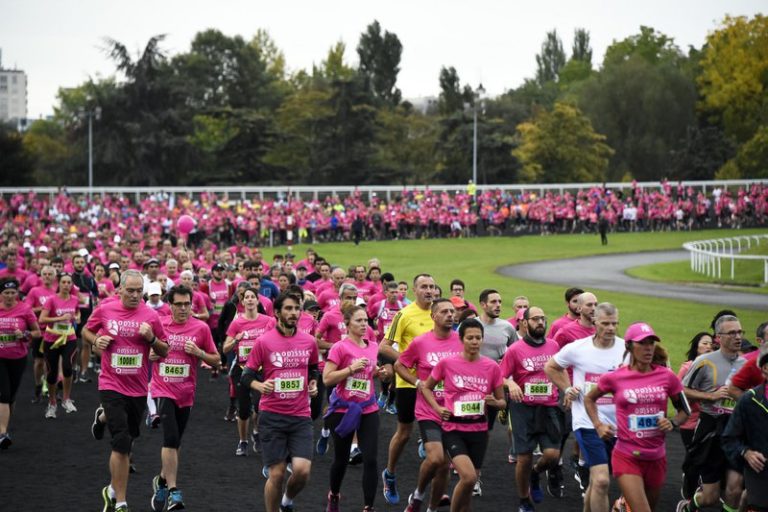
Are you about to run a 5K or a 10K and wondering how to refuel during your race? We will give you some nutrition tips so that you are ready and calm at the start of the race.
The duration of the race generally does not exceed 1 hour for 10K. Rest assured, your energy reserves are normally sufficient so that you do not need to eat during the race. Therefore, arrive at the start of your 5K or 10K with enough carbohydrate reserves.
Contents
Do not eat too much the day before and the morning
In preparation for race day, it’s crucial to adopt a balanced diet in the days leading up to the event. On the eve of your run, prioritize easily digestible foods to avoid any discomfort. Carbohydrate-rich options such as pasta or rice are excellent choices to fuel your body.
On the morning of the race, timing your meal is key: ideally, eat a substantial breakfast around three hours before the start, or opt for a lighter fare if eating closer to race time. The goal is to energize yourself without overburdening your digestive system, as overeating can lead to the uncomfortable experience of side stitches during the race.
Suitable pre-race foods include bread, pancakes, “sport” cakes, honey, and a compote. Hydration is equally important—maintain it with tea, herbal teas, or water. Keep a water bottle handy for occasional sips right up to the starting line.
There you go, you’re ready to take on your 5K or 10K!
Refueling during a 10K: only in hot conditions
Considering hydration during a 10K run becomes crucial in extreme conditions. If you’re facing intense heat or particularly dry air, it’s wise to verify if a hydration station is accessible mid-course. A few sips of water can be a game-changer in preventing discomfort from dryness or thirst. In scenarios lacking such stations, carrying a personal supply of water might offer peace of mind.
However, it’s important to note that outside of these sweltering conditions, refueling with water or food during a 10K run isn’t typically necessary. Your body’s pre-race preparation should suffice in carrying you through to the finish line without the need for mid-race replenishment.
Refueling with an energy gel?
Some runners opt for an energy gel in the closing kilometers of their race. For those clocking a 10K run in around 35 minutes, the benefit might feel immediate but, in reality, resembles more of a psychological boost—the body scarcely has time to process the gel before crossing the finish line.
Energy gels generally take about ten minutes to start working their magic. For runners who take closer to 50 minutes to complete their race, timing the consumption of an energy gel with water could prove advantageous. This strategy is particularly worth considering if, due to pre-race nerves or other factors, you skipped breakfast or had a very light one. Remember, the effectiveness of this tactic hinges on individual circumstances and dietary needs.
Post-race recovery: hydration and nutrition
Well done on crossing the finish line! Given the short yet intense nature of your race, you might not feel an immediate hunger, but it’s crucial to prioritize rehydration—consider a recovery drink to replenish your fluids effectively.
To kickstart your recovery, it’s advisable to consume a mix of carbohydrates and proteins within an hour after you’ve completed the race. This ensures your muscles repair and rebuild efficiently, setting you up for a strong continuation of your season 😊
As you revel in your achievement and consider future challenges, perhaps eyeing longer distances, we invite you to explore our guidance on refueling strategies for half-marathons or marathons to maintain your performance and enjoyment of running.